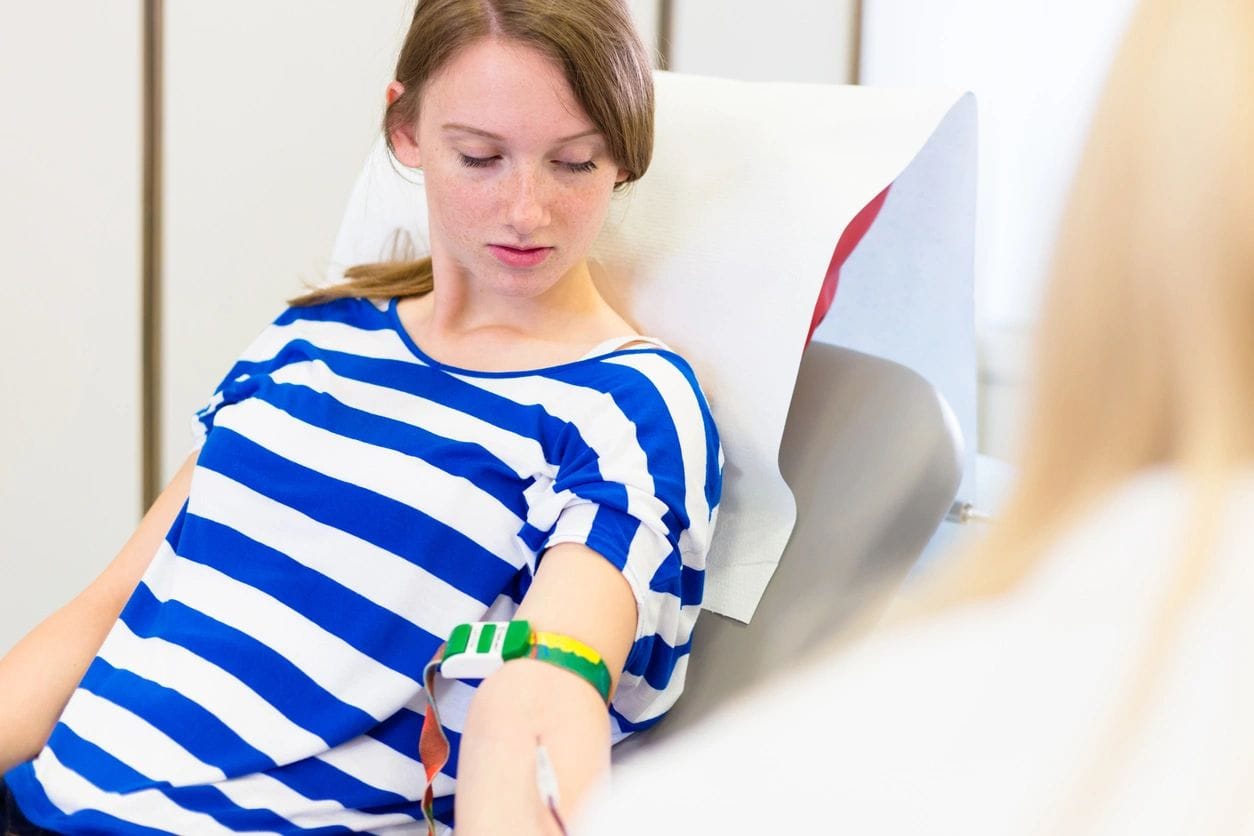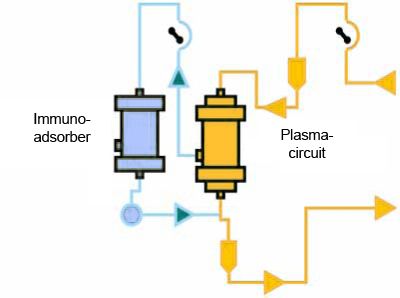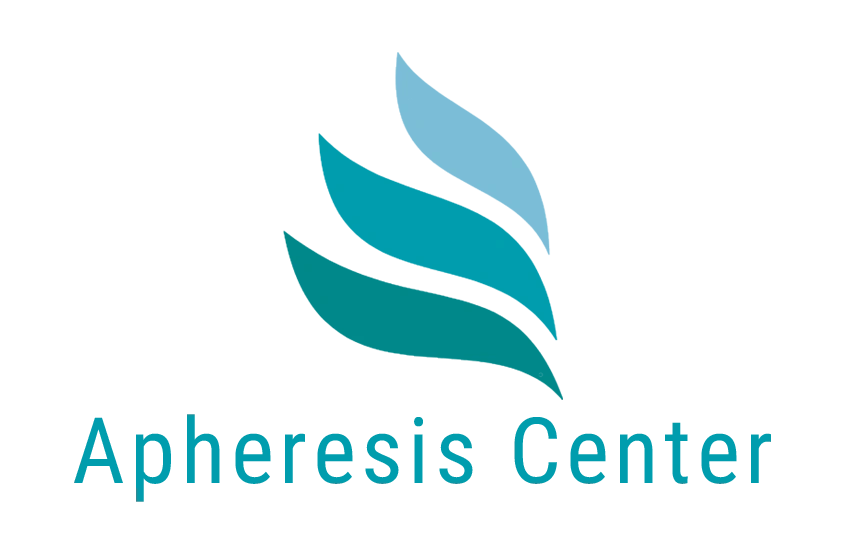
免疫吸附

什么是免疫吸附?
免疫吸附是一种先进的治疗方法,用于选择性地清除血液中的特定抗体。它对治疗各种自身免疫性疾病和有害抗体起关键作用的病症非常有效。
免疫吸附是如何工作的?
The process involves passing the patient’s blood through a special column that contains adsorbers. These adsorbers bind to specific antibodies, removing them from the blood. The purified blood is then returned to the patient’s circulation. This procedure is performed on an outpatient basis and typically lasts several hours.
用免疫吸附法治疗的疾病
免疫吸附可用于治疗多种疾病,包括
- Autoimmune Diseases: Such as rheumatoid arthritis, lupus, and multiple sclerosis.
- Neurological Disorders: Such as myasthenia gravis and Guillain-Barré syndrome.
- Dermatological Conditions: Such as pemphigus and bullous pemphigoid.
- Transplant Medicine: Prevention and treatment of organ transplant rejection.
- Long Covid: While initial studies (https://www.ncbi.nlm.nih.gov/pmc/articles/PMC10511006/) showed no effect, newer studies suggest otherwise: https://papers.ssrn.com/sol3/papers.cfm?abstract_id=4911576
免疫吸附的好处
- Targeted Therapy: Selectively removes harmful antibodies without affecting other components of the immune system.
- Minimally Invasive: Performed on an outpatient basis, allowing for minimal disruption to daily life.
- Effective Results: Rapid reduction in antibody levels can lead to significant improvement in symptoms.
长效疗法中的免疫吸附作用
尽管最初的研究显示免疫吸附对 Long Covid 没有效果,但临床经验却告诉我们一个不同的故事。虽然免疫吸附的效果不如H.E.L.P. Apheresis,但在临床环境中,免疫吸附的成功率为 10-30%,而H.E.L.P. Apheresis 的成功率为 80%。免疫吸附的效果并不总是永久性的,这可能是由于其作用方式单一和快速应用造成的高负担。
要提高成功率,还需要进一步的研究,如本研究:(https://www.medrxiv.org/content/10.1101/2024.06.18.24309100v1)。新的吸附剂、组合处理方法和不同的应用方案可能会提高效果。
我们的专长
At Apheresis Center, we pride ourselves on offering state-of-the-art immunoadsorption treatments. Our team of experienced professionals is dedicated to providing personalized care tailored to each patient’s specific needs. We use the latest technology and adhere to the highest standards of safety and efficacy.
患者体验
- Consultation: Comprehensive evaluation and consultation to determine the suitability of immunoadsorption for your condition.
- Procedure: Performed in a comfortable and controlled environment by our skilled medical team.
- Follow-Up: Continuous monitoring and follow-up to ensure the best possible outcomes.
为什么选择我们?
- Expert Team: Our medical professionals have extensive experience in performing immunoadsorption.
- Cutting-Edge Technology: We utilize the latest equipment and techniques to ensure optimal treatment results.
- Patient-Centered Care: We focus on providing compassionate and individualized care to all our patients.
For more detailed information, you can also read our blog post about different types of Apheresis and which type is suitable for which purpose.

